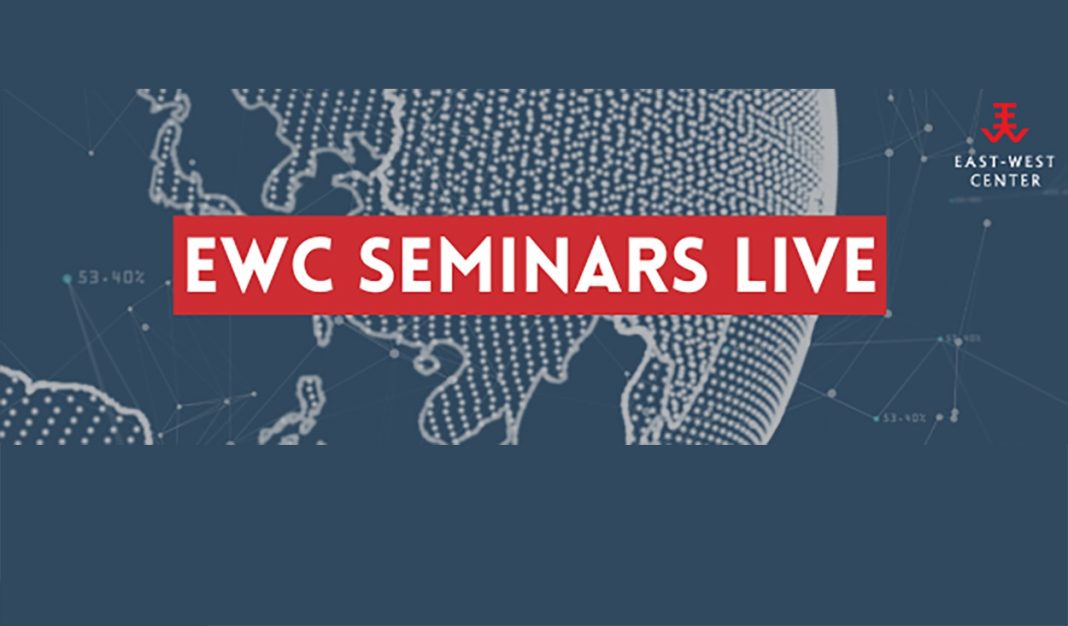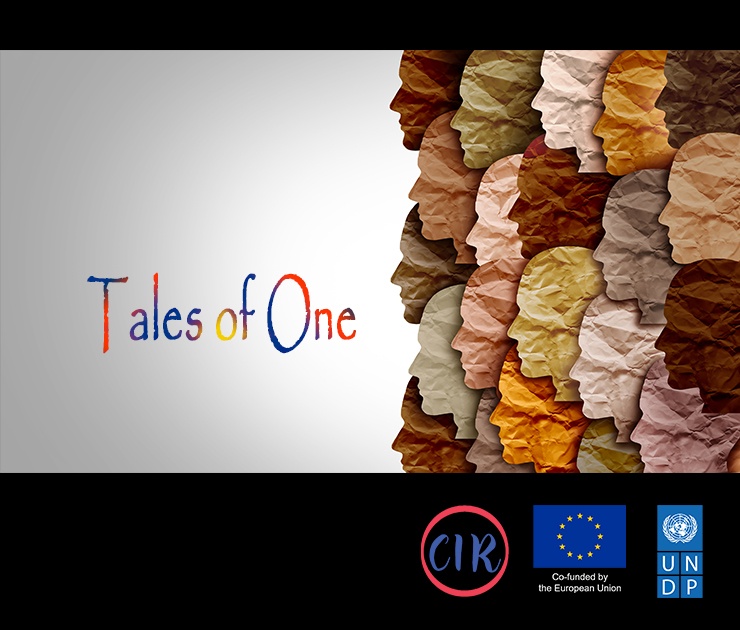After 2001 when the Taliban lost control of Afghanistan, the rights of Afghan women increased significantly. They attended co-ed universities, joined the work force, reported the news, were elected to public office and held ministerial positions. But with the country again under the rule of the Taliban, who denied women and girls basic rights such as education, work and travel during the 1990s, their future looks bleak as restrictions on their lives mount. The Taliban recently announced an all-male government and said women should focus on giving birth and raising children. They ruled that universities will be gender-segregated and Islamic dress compulsory. Women journalists have been threatened and gone into hiding. Women protesters who have taken to the streets to demand equal rights have been met with violence by the Taliban.
This panel, which includes an Afghan journalist who fled her country after the Taliban regained control, will discuss what the future holds for women in Afghanistan and how the world can most effectively support them.
Panelists: (listed in alphabetical order)
- Anita Bhatia, Assistant Secretary General and Deputy Executive Director, UN Women, New York City, New York, USA @abhatiaunwomen
- Samira Hamidi, Regional Campaigner, South Asia Office, Amnesty International, Columbo, Sri Lanka @HuriaSamira
- Farida Nekzad, Director, Centre for Protection of Afghan Women Journalists
Moderator:
- Dilrukshi Handunnetti, Executive Director, Center for Investigative Reporting Sri Lanka, Colombo, Sri Lanka @DilrukshiH
Register Now: https://www.eastwestcenter.org/professional-development/seminars-journalism-programs/ewc-seminars-live




